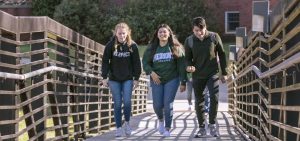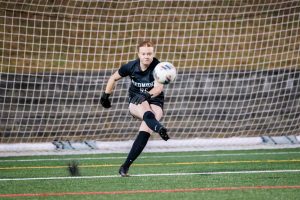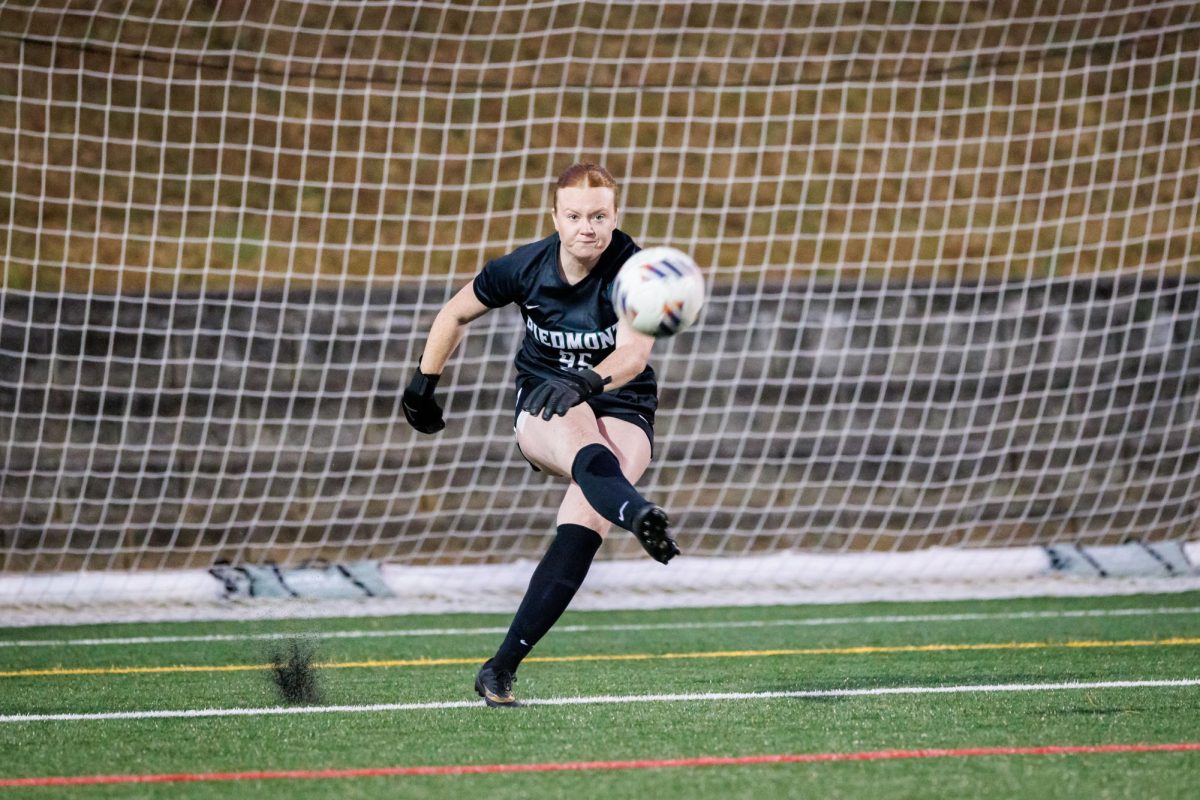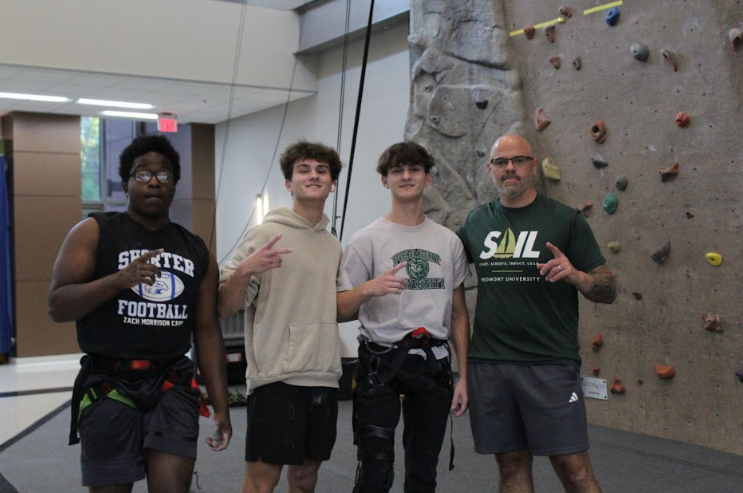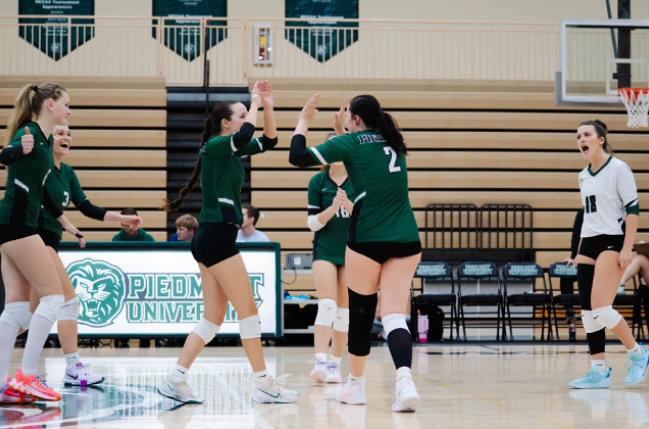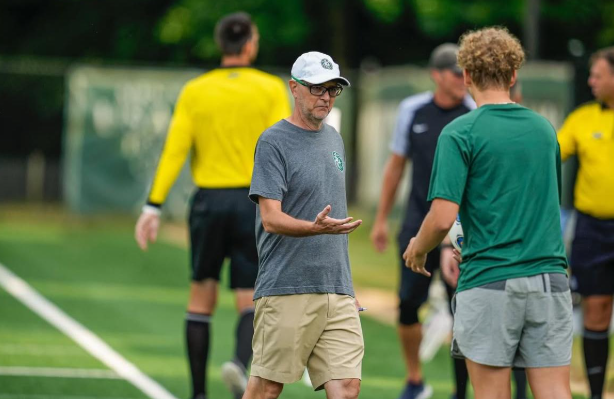How Did Quarantine Affect Student-Athletes’ Mental Health?
September 28, 2020
As COVID-19 struck every southeastern college in mid-March last year, college athletics were all inevitably shutdown. For many of these student-athletes, a new and unfamiliar struggle was ahead: depression.
Depression affects an estimated 6.7% of today’s adult population, and the rates for young adults are higher. With approximately 400,000 National Collegiate Athletic Association student-athletes competing each year and 5 to 7 million high school student athletes involved in competitive sports, the concern for young athletes’ mental health status was at an all time high in the spring when sports were suspended.
According to Athletic Director Jim Peeples, Piedmont College’s residential student body is 61% student-athletes. After the suspension of athletic competition in March, the one escape and safe haven a student-athlete could always resort to had suddenly been taken away.
As a former student-athlete, I know sports can become a safe haven and escape from the struggles in the real world, and as COVID-19 hit, and sports was suddenly snatched out of my life. I, for the first time, had to learn to cope with my struggles in other ways.
For others, including Piedmont baseball player Conner Jelley, this uncertain time had negative effects.
“During quarantine, I was basically isolated and had no one to really talk to or goof around with. So, naturally, I just got in my head and honestly went through a slight depression period for two weeks or so,” said Jelley. “I never really did any homework, and I only got up for tests, and I never studied for them. So being able to be on campus again and getting to have some normality in my everyday life again has helped me focus more and helped me improve in the classroom.”
Initial studies suggest that the rate of depression among college athletes is 20%. With the return to class, comradery, and practice, Piedmont has helped ease students’ minds across campus in the wake of COVID-19. Over the last six months, the lack of emotionally supportive mentors, support from teams and teammates, and a connection between curriculum and real-world experience sent many students into a slight depression.
Recently Piedmont opened it’s fields allowing small sections of teams to return to practice. As the students return to practice, students have opened up about the positive outcomes to much needed time and space in their designated sports.
Piedmont College tennis player Tyler Perry said the return to practice had helped her on and off the field.
“Practice gives me a sense of schedule and structure in this time of uncertainty,” said Perry. “Tennis makes it easier to stay on top of my schoolwork and classes.”
Piedmont College men’s soccer player Cameron Verona said the return to sports had returned structure to his life as well.
“The return of everything has brought back structure to my life that I’ve been missing for months,” said Verona. “Returning to a normal practice schedule and getting back to the sport that has been my life for 17 years now has felt insanely awesome and has allowed me to focus more on my life and in the classroom.”
Student-athletes campus-wide are ecstatic to be back on the fields and courts once again. With this return to practice, Piedmont students’ mental health status finally returned to normality. As we look forward to the coming months we can try to be optimistic, understanding, and compassionate for others and what they might be dealing with in this uncertain time.





